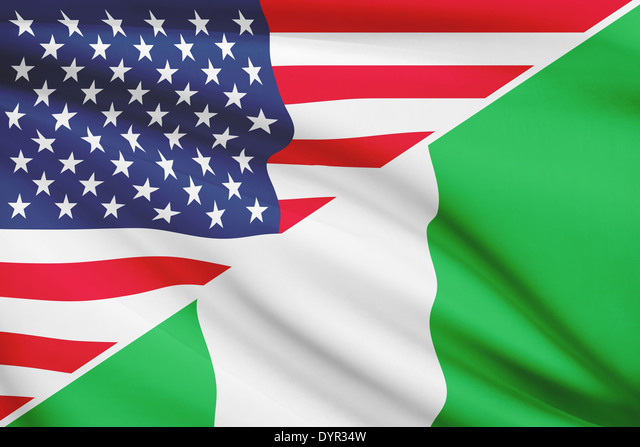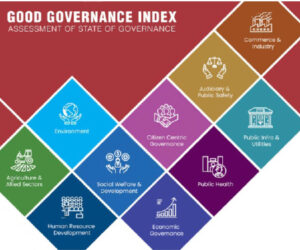The United States of America and Nigeria’s bilateral trade has soared to nearly $13billion in 2024, the U.S Consul General, Lagos, Rick Swart, disclosed Wednesday.
Swart said advancement in the commercial relationship between the United States and Nigeria, a second largest trading partner in South Sahara Africa, speaks volume of the partnership between the two countries.
He spoke on Wednesday in Lagos at the unveiling of the Africa Hub of the Centre for International Private Enterprise (CIPE), a non-profit, non-partisan organization that strengthens democracy and economic freedoms worldwide.
SPONSOR AD
The launch attracted business leaders and representatives of chambers of commerce and associations from across Nigeria and African countries. In his remarks, the U.S Consul General said the Trump administration had doubled down a foreign trade and commercial diplomacy with the goal to increase US exports and investments.
According to him, African nations especially Nigeria are playing important roles for the US government in reaching this opportunity.
“The nearly 13 billion dollars US dollars in goods and services traded between our two countries in 2024 speaks to the robust economic activity across the range of sectors.
“The US – Nigeria partnership is built on the rich connections that exist between our two countries, our companies, our entrepreneurs and our people,” he said.
Swart disclosed that there are more than 20,000 Nigerian students currently studying in the United States, which he said represents the largest number of students from any African country and the seventh largest in the world.
The Global Executive Director of CIPE, Andrew Wilson, said the body represents “an enduring commitment of US business and the US people, through funding from their congress, to improving lives and securing a more open world.”
Wilson said CIPE had worked in Africa for more than 30 years with field offices spread across the continent.
The CIPE Africa Regional Director Lola Adekanye noted: “The Hub broadens governance, amplifies business’ voice in policy making, and helps build sustainable economies that benefit communities across the continent. Moreover, it serves as a base for stakeholders to connect and share with each other.”








